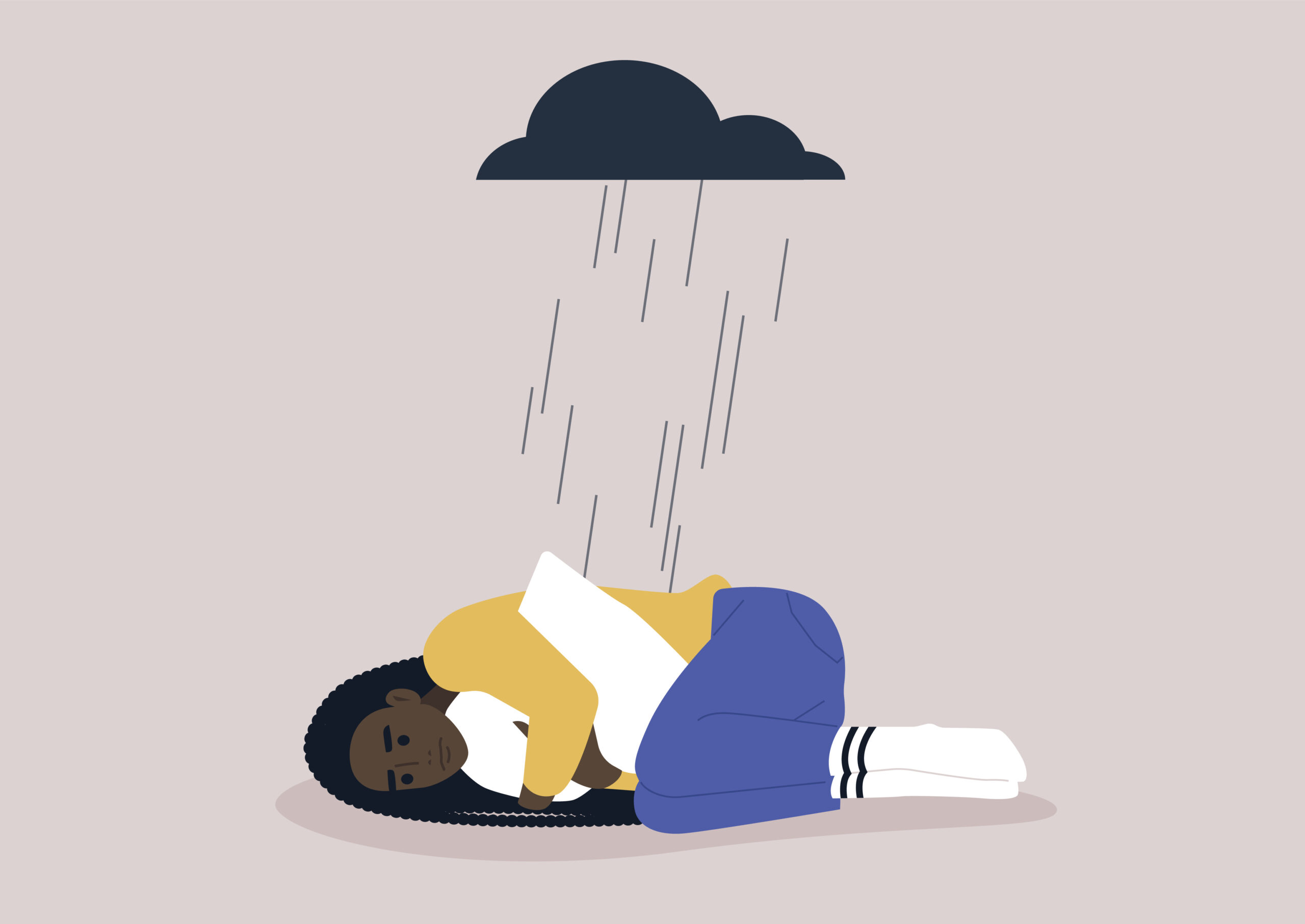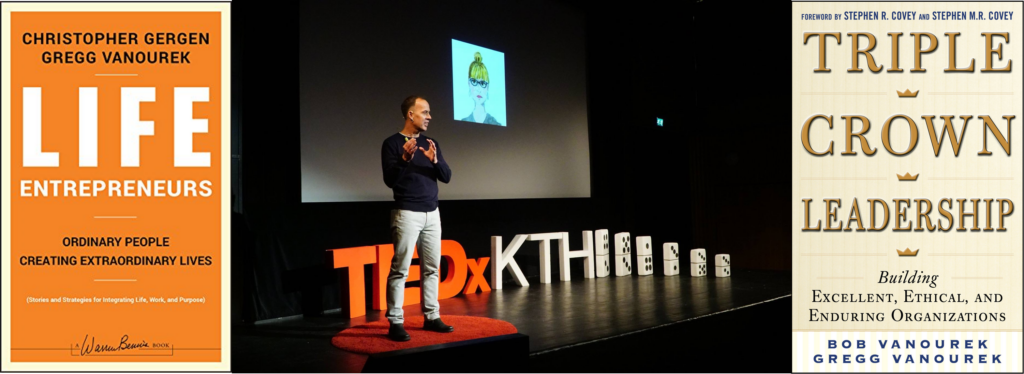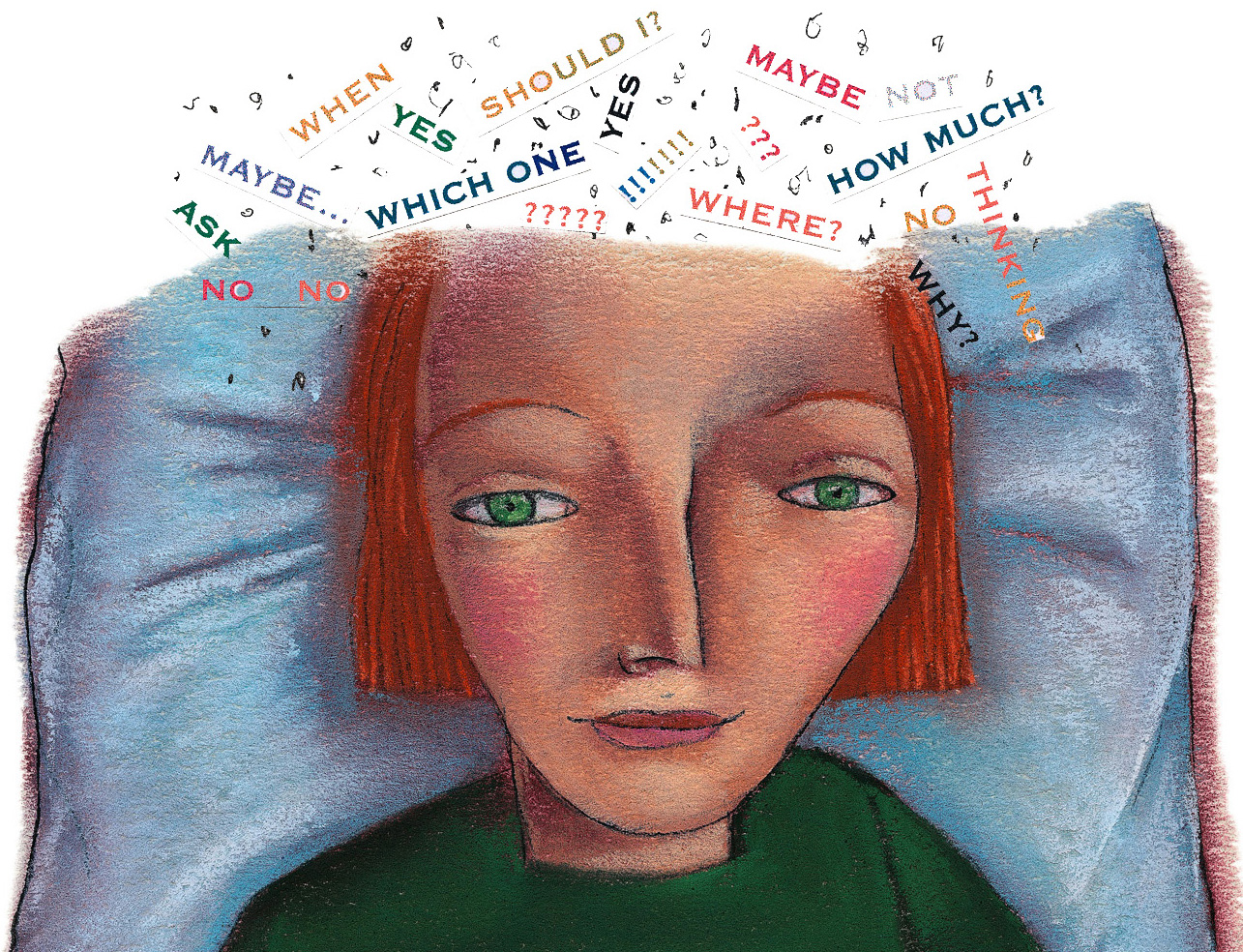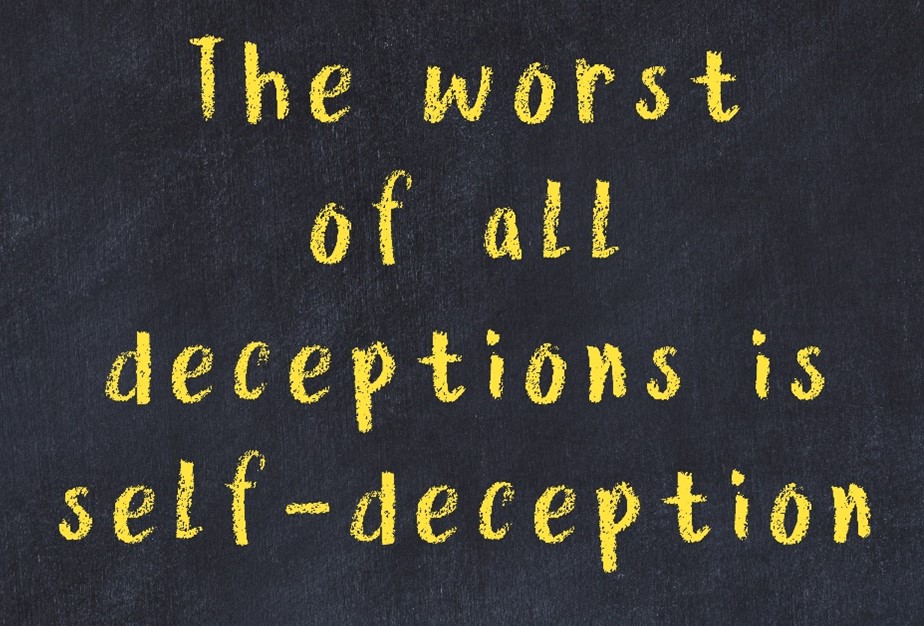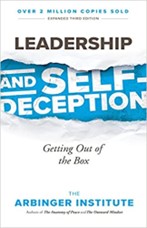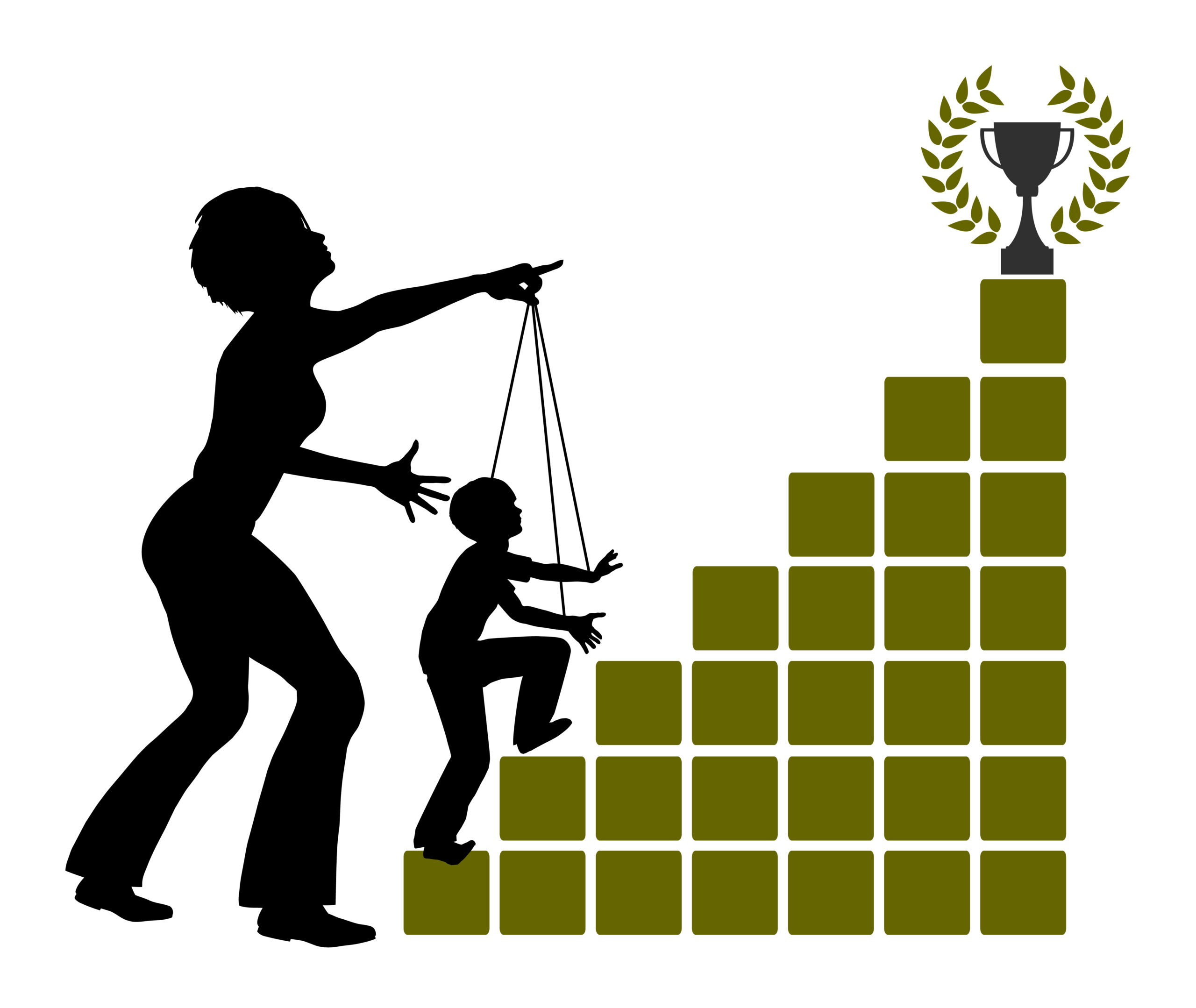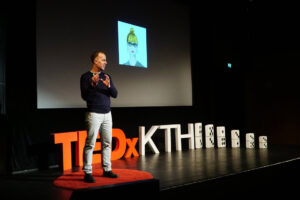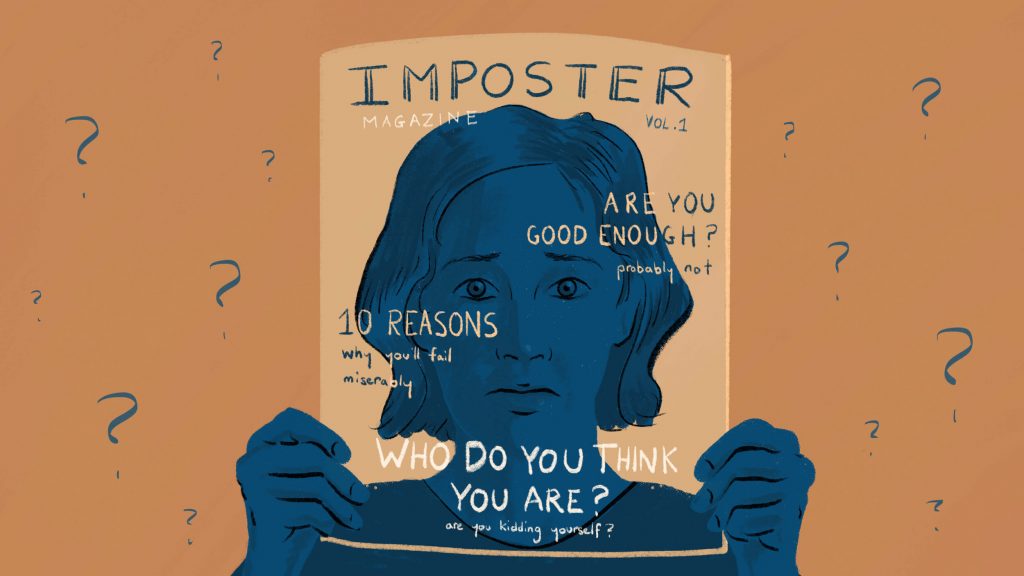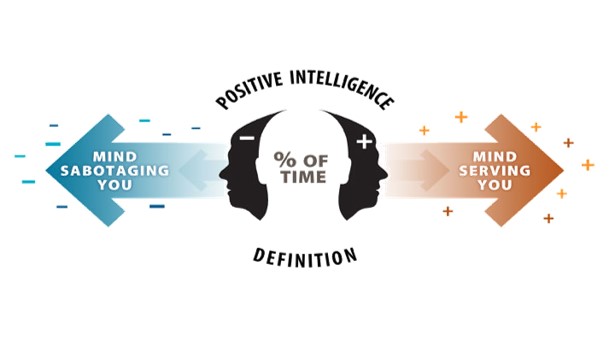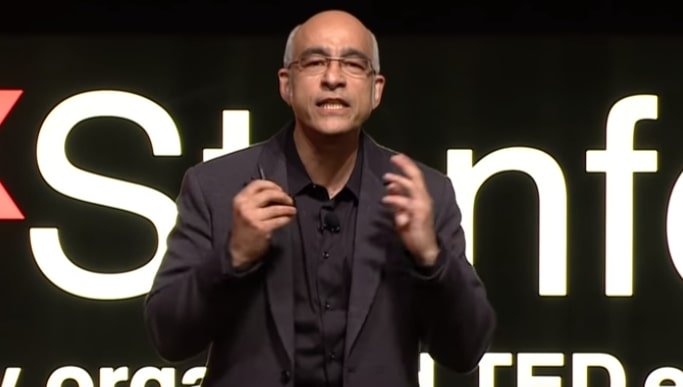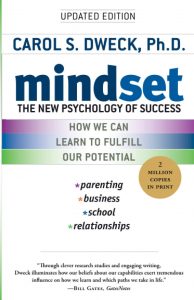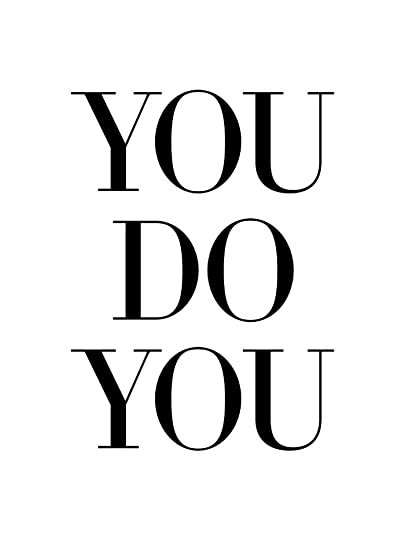Article Summary:
What a victim mentality is, signs of it, where it comes from, its many costs, and what to do about it.
+++
When we have a victim mentality, we believe that bad things we experience are the fault of others and will keep happening so there’s no point in changing. We may even feel that the world is against us.
Essentially, we identify ourselves as a helpless victim of negative circumstances. It’s a form of self-sabotage and often comes with an addiction to drama.
When we have a victim mentality, we have thoughts like the following:
Why me? (Again.)
Why can’t I ever catch a break?
Why did this happen to me?
Why didn’t they love me more?
Why don’t they call me more?
We wallow in our misery and feed on the neediness that comes with it.
“I am miserable therefore I am.”
-Manfred F. R. Kets de Vries, “Are You a Victim of the Victim Syndrome?”
We should pause here and note that we all experience hardships and some people do go through terrible experiences, from war, poverty, disease, tragedy, and loss to violence, rape, assault, abuse, and more. Far too many people are victims of violence or crimes.
But there’s a difference between being a victim of such things and having a victim mentality. The mentality of victimhood can be strong regardless of the circumstances. With a victim mentality, someone can exaggerate the extent of harm done, misattribute it (e.g., taking neutral scenarios or ambiguous information and interpreting them as hostile), and/or add to the pain by ruminating on them or blowing them up. This can go on for years, or decades, or even a lifetime unless we break the cycle.

“You may not control all the events that happen to you, but you can decide not to be reduced by them.”
-Maya Angelou, poet and civil-rights activist
Signs of a Victim Mentality
How to identify the signs of a victim mentality? With a victim mentality, we’re likely to engage in several of the following behaviors:
- believe that bad things happen to us consistently
- feel sorry for ourselves
- believe that most aspects of our lives are negative and beyond our control
- feel powerless to make changes
- believe that others are generally more fortunate than we are
- feel repressed anger or self-pity
- focus on bad things and all we lack (what Dan Sullivan and Dr. Benjamin Hardy call being “in the gap”)
- feel frequently embattled
- put ourselves down often
- feel trapped in life
- take things personally
- feel defensive or even hypervigilant around others, expecting to be hurt
- often make choices that lead to pain or suffering
- blame others often
- ruminate over past events and negative feelings while holding grudges and resurrecting past sleights
- dwell on negative comparisons with others
- endure bad behavior or circumstances without doing anything about it
- refuse help when it’s offered—sometimes not even accepting that there may be a solution—perhaps getting defensive or feeling attacked when someone tries to help because it could undermine our victim identity
- keep finding and staying with people who treat us poorly—and sometimes rejecting people who treat us well
- make excuses and avoid responsibility for things
- have a hard time trusting people (including ourselves), sometimes being suspicious of their motives
- judge and criticize others in order to feel okay about ourselves—and often dividing people starkly into good or bad categories without gray zones
- jump to conclusions about others and cut them out of our lives in dramatic fashion without considering other sides of the story
- want our victimhood to be acknowledged and affirmed by others
- struggle to see the suffering of others
- distrust authority
- assume there are biases involved in keeping us down
- feel a sense of entitlement
- live in the past

“Whatever has happened to you in your past has no power over this present moment, because life is now.”
-Oprah Winfrey, media entrepreneur and philanthropist
Unfortunately, a victim mentality can be contagious, and we can attract others who have a propensity to complain and blame.
Where It Comes From
A victim mentality can come from many sources. The most common source, according to many psychologists, is childhood. There are many possibilities here, from excessive criticism or having unmet needs to parents who railed about the injustice of life—and how we’re suckers if we trust others.
A victim mentality can be passed down for generations (and exploited by political campaigns and social medial algorithms). It can also originate from various forms of neglect or abuse.
“Many of these children harbor such deep anger toward their parents that they unconsciously desire to remain dysfunctional, as a way of getting back at them. Dysfunction is their way of showing their parents how they have messed up…. These children cannot see, let alone consciously accept, that they are now causing most of their own pain.”
-Manfred F. R. Kets de Vries, “Are You a Victim of the Victim Syndrome?”
A victim mentality can also arise from betrayal, in which people betray our trust (especially repeatedly), or from violence or trauma. These experiences can damage or destroy our self-esteem and make us passive, submissive, or unable to set appropriate boundaries.
The common denominator is significant inner pain and distress.
Why People Do It
Why do people adopt a victim mentality? What are the underlying motivations at work? A victim mentality is a coping mechanism (often subconscious) in which we’re actually seeking validation or help from others, albeit in unproductive ways.
In many cases, it’s an attempt to gain attention, love, or approval. In victim mode, we enjoy the attention or sympathy we get from others. Psychologists call this “secondary gain,” a phenomenon in which there are some benefits associated with not resolving a problem, such as feeling pleasure when we receive attention or concern. And it can feel liberating to give up responsibility for addressing our problems by wallowing in victimhood.
We may harbor a subconscious desire to continue the pattern of victimhood because it can bring us attention and keep us in the center of a drama, thereby stroking our ego. Playing the victim can also be an attempt to manipulate people, sometimes coming from a narcissistic personality disorder.
Low self-worth can aggravate this mindset. We may blame ourselves for our predicament but lack the capacity to acknowledge or address it.
Fear is also a common denominator. When playing the victim, we may be able to avoid vulnerability and taking risks.
The Problem with a Victim Mentality
Clearly, there are many contributing factors. But it’s essential to understand that having a victim mentality comes with a hefty price, both in terms of our mental health and our life and work more broadly.
In terms of our mental health, having a victim mentality can:
- drain our mental and emotional energy, leaving us with less strength and will to make improvements
- lead to frustration, anger, resentment, bitterness, and helplessness
- harm our mental and emotional wellbeing
- be used as a justification for other maladaptive behaviors, including numbing behaviors like drinking or taking drugs
- undermine our resilience, making us less equipped to deal well with tough situations in the future
- increase our risk of anxiety and depression
In our life and work, having a victim mentality can:
- lead to blaming others for our problems
- make us want to withdraw from friends, family, and colleagues
- result in self-pity and giving up
- lead us to avoid challenges
- reduce our sense of agency
- prevent us from taking necessary actions
- harm our relationships
- lower our performance
- become a vicious cycle in which we respond poorly to tough situations, only inviting more challenges and a sense of futility
- become an entrenched identity in which our sense of victimhood is pervasive
“Once you have identified with some form of negativity, you do not want to let go, and on a deeply unconscious level, you do not want positive change. It would threaten your identity…. You will then ignore, deny, or sabotage the positive in your life.”
-Eckhart Tolle, The Power of Now
Ultimately, having a victim mentality doesn’t give us anything satisfying or worthwhile. And it backfires because it drives people away from us, leading to further isolation and loneliness, which are terrible for us.
Essentially, we’re feeling aggrieved about our lives while we keep shooting ourselves in the foot.
The Victim Mentality in the Workplace
In the workplace, people with a victim mentality can negatively affect those around them. When a team has someone with such a mindset, it can:
- make people defensive
- damage relationships
- prevent trust
- hurt team morale
- reduce productivity
- be contagious, leading to a collective downward spiral
A victim mentality is not only an individual phenomenon but also a collective one, according to researchers, with groups falling into this mindset. That can be a daunting challenge for managers.
“…people with a victim mentality are very difficult to handle.”
-Manfred F. R. Kets de Vries, “Are You a Victim of the Victim Syndrome?”
How to Stop Playing the Victim
What to do about it? Psychologists note that we learn victimhood—it’s an acquired not inborn personality trait—and that we have the capacity to overcome it.
If we’ve experienced real trauma or abuse, it’s ideal to disclose it as early as possible to trusted family members, friends, or trained professionals, as that can lead to more support and quicker processing and healing. Beyond that first step, there are many things we can do to break this cycle:
Recall that we all experience negative emotions. The key is to avoid wallowing in them.
Develop a healthy view of ourselves and our capabilities—and build our confidence and assertiveness by preparing well for important projects and focusing on learning and developing as we go.
“…what helps victims best is the development of a healthier self-concept.”
-Manfred F. R. Kets de Vries, “Are You a Victim of the Victim Syndrome?”
Stop ruminating on our problems and focus instead on something more positive (like what we’ve learned). (See my article, “What to Do About Overthinking, Rumination, and Worrying.”)
Catalog our strengths—including our knowledge, skills, and abilities—and brainstorm how we can use them to overcome our challenges.
Recall situations in which we’ve overcome adversity and challenges. We may be more resilient than we think.
Change our self-talk by analyzing and questioning our beliefs, disputing the idea that we’re a helpless victim. For example, we can ask whether our identity as a victim is true, and whether our current beliefs are useful or harmful to us.
Stop hanging out with people who are wallowing in victimhood. Spend more time with positive and proactive people.
Learn about the victim mentality and its consequences via books, articles, podcasts, videos, or conversations.
Realize that we still have agency even though life is sometimes unfair and comes with pain, loss, and heartache.
Be honest with ourselves and see a victim mentality for what it is: self-sabotage. Prepare to move beyond it.
Decide to let go of the victim mentality and choose to be happy and thrive.
Forgive others and ourselves and make peace with our past.
Take responsibility for the whole of our lives, regardless of whether we experienced anything unjust or unfair.
“If it’s never our fault, we can’t take responsibility for it.
If we can’t take responsibility for it, we’ll always be its victim.”
-Richard Bach, writer
Be kind and caring to others and find ways to serve them. By doing so, we’ll escape our unhealthy preoccupation with ourselves and our dramas.
“Constructive action is the opposite of victimized brooding.”
-Dr. Robert W. Firestone, clinical psychologist
Engage in regular self-care practices, such as:
- Exercise, since it helps regulate the chemicals in our brain in ways that boost our mood and motivation
- Good sleep and eating habits
- Grounding and relaxation practices like yoga, meditation, or deep breathing
- Avoidance of harmful ways of coping, such as numbing and substance abuse
Develop a gratitude practice. (See my article, “The Trap of Not Being Grateful.”)
Recognize the patterns of when we feel like a victim. Recall the kinds of things that help us break these downward spirals.
Reach out to a therapist, counselor, or support hotline when needed. Options include:
- BetterHelp (online network of licensed therapists)
- SonderMind (connecting people with therapists)
- 7cups (a free help network)
- Mental Health Mates (U.K. support groups)
- Befrienders Worldwide (helplines outside the U.S.)
- Crisis Text Line (text “HOME” to 741741)
How to Help Others Stop Playing the Victim
What can we do if friends or colleagues are caught up in a victim mentality? There are many things we can do:
First, avoid judging them harshly. Keep in mind that they may have gone through great difficulties or even trauma that we’re not aware of. Don’t label them. Recall that being or feeling like a victim can be hard enough without labels and associated stigmas, not to mention blaming the victim.
Don’t play their grievance game. By listening attentively to their tales of woe, we’re enabling them, not helping them. Redirect the conversation to more productive territory. Set boundaries while still showing care and compassion.
Offer encouragement. Remind them of the things they’re good at and of the things they’ve accomplished previously.
Offer help with finding solutions. Ask them what they’d do if they had the power to fix things. Help them brainstorm ideas for making progress, starting small, such as with a short list of readily achievable steps they can start taking now. Help them realize they have the capacity to solve things. Avoid swooping in as the hero and fixing things or giving them answers.
“People dealing with individuals with a victim mindset should recognize that there is a difference between rescuing and helping.” -Manfred F. R. Kets de Vries, “Are You a Victim of the Victim Syndrome?”
Help them gain a larger perspective beyond their own challenges. It’s vital for them to realize that many others are in need or pain as well.
Manage expectations. Quick fixes are rare here. Help them avoid impatience in overcoming the victim mentality, which could lead to them giving up and feeling worse. Overcoming it can be especially challenging because for many it’s embedded deeply in their identity—and has been for a long time. It may be hard for them to see themselves clearly and honestly—and to make the needed changes.
Conclusion
A victim mentality can become debilitating if we let it.
Bad things happen to all of us, but we have a choice as to how we interpret them and what we do in response. That may not be easy or fair, but in the end our lives are what we make of them.
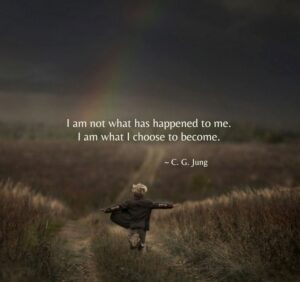
“I am not what has happened to me. I am what I choose to become.”
-Carl Jung, Swiss psychiatrist
Reflection Questions
- Has a victim mentality crept into your mindset?
- How is it affecting your life, work, and mental health?
- What will you do about it, starting today?
Tools for You
- Traps Test (Common Traps of Living) to help you identify what’s getting in the way of your happiness and quality of life
- Quality of Life Assessment to help you discover your strongest areas and the areas that need work and then act accordingly
- Personal Values Exercise to help you clarify what’s most important to you
Related Articles
- “The Trap of Blaming Others”
- “How to Stop Blaming Others: 10 Tips”
- “How to Break Bad Habits and Create Good Ones”
- “This is How to Stop Being a Victim: 18 Practices”
- “Getting to the Root Causes of Things: Why and How”
- “How to Overcome Feelings of Helplessness”
- “The Mental Prisons We Build for Ourselves”
- “How to Stop Catastrophizing—Managing Our Minds”
- “The Trap of Self-Doubt—And How to Overcome It”
- “The Power of Taking Full Responsibility for Your Life”
- “The Incredible Benefits of Being Action-Oriented”
- “Your Leadership Mindset”
- “How to Help Others Stop Playing the Victim”
Postscript: Inspirations on Avoiding Victimhood
- “…an individual’s sense of personal control determines his fate.” -Dr. Martin Seligman, Learned Optimism: How to Change Your Mind and Your Life
- “Apathy and depression are the prices we pay for having settled for and bought into our smallness. It’s what we get for having played the victim and allowed ourselves to be programmed.” -Dr. David R. Hawkins, Letting Go: The Pathway of Surrender
- “Most people are in love with their particular life drama. Their story is their identity. The ego runs their life. They have their whole sense of self invested in it.” -Eckhart Tolle, The Power of Now
- “…even the helpless victim of a hopeless situation, facing a fate he cannot change, may rise above himself, may grow beyond himself, and by so doing change himself. He may turn a personal tragedy into a triumph.” -Victor Frankl, Austrian psychiatrist and Holocaust survivor
- “The difference between the hero and the victim is the way they react to the pain they experience.” -Donald Miller, business executive and author
- “…people suffering from the victim syndrome are prone to aggravate the mess in which they find themselves. Strange as it may sound, they are often victims by choice. And ironically, they are frequently successful in finding willing victimizers.” -Manfred F. R. Kets de Vries, “Are You a Victim of the Victim Syndrome?”
- “While you can’t control your experiences, you can control your explanations.” -Dr. Martin Seligman, psychologist
- “Every adversity, every failure, every heartache carries with it the seed of an equal or greater benefit.” -Napoleon Hill
- “Turn your wounds into wisdom.” -Oprah Winfrey
- “Self-pity is our worst enemy, and if we yield to it we never do anything wise in the world.” -Helen Keller
- “A victim identity is the belief that the past is more powerful than the present, which is the opposite of the truth.” -Eckhart Tolle, The Power of Now
- “The one thing you can’t take away from me is the way I choose to respond to what you do to me. The last of one’s freedoms is to choose one’s attitude in any given circumstance.” -Viktor Frankl
++++++++++++++++++++++++++++++
Gregg Vanourek is a writer, teacher, and TEDx speaker on personal development and leadership. He is co-author of three books, including LIFE Entrepreneurs: Ordinary People Creating Extraordinary Lives (a manifesto for living with purpose and passion) and Triple Crown Leadership: Building Excellent, Ethical, and Enduring Organizations (a winner of the International Book Awards). Check out his Crafting Your Life & Work online course or get his monthly newsletter. If you found value in this article, please forward it to a friend. Every little bit helps!

